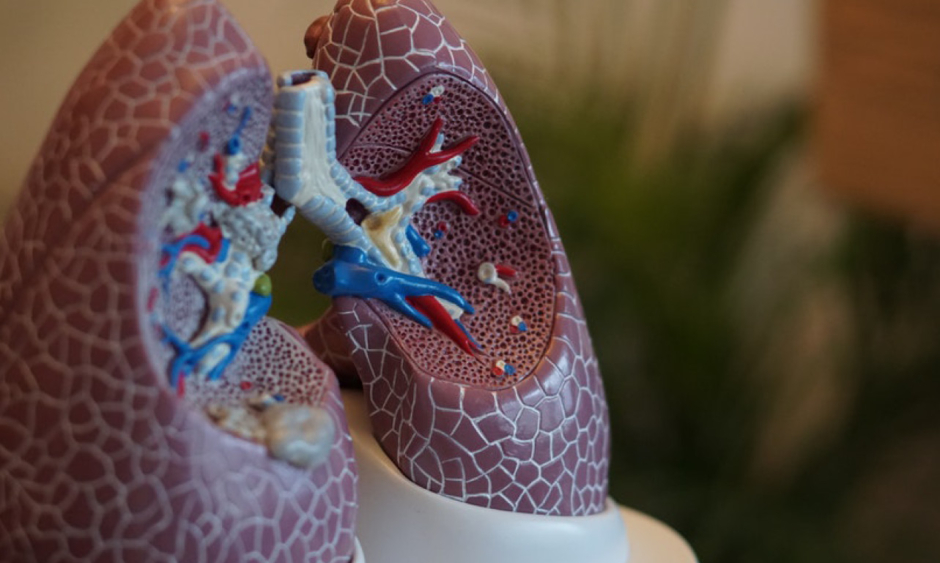Targeting the mid-to-late gestation period of fetal development is an attractive means of averting deadly, and potentially irreversible, pathological diseases, especially lung diseases. This was the approach that a team from the Children’s Hospital of Philadelphia (CHOP) and Penn Medicine, Philadelphia, Pennsylvania, USA, took through the use of CRISPR/Cas technology to correct a mutation and prevent lethal lung disease in an animal model.
The team were targeting congenital conditions, such as surfactant protein deficiency, alpha-1 antitrypsin deficiency, and cystic fibrosis; these diseases are a significant drain on healthcare resources, with an estimated 22% of paediatric hospital admissions being due to respiratory disorders. Researchers were able to demonstrate that precisely timed (4 days prior to birth) in utero application of CRISPR/Cas technology to the amniotic fluid of mice significantly improved the pups’ lungs. The highest amount of editing took place in the alveolar epithelial cells and airway secretory cells, the latter of which produce pulmonary surfactant that reduces the lungs’ surface tension and helps prevent their collapse.
In a complementary experiment, researchers used the same approach to target a mutation in a gene homologous to human SFTPC, responsible for surfactant protein C deficiency. Within hours of birth, there is a 100% mortality rate in untreated mice with this mutation; however, in this instance prenatal gene editing inactivated the mutant allele to improve lung morphology, resulting in a survival rate >22%.
Further studies are needed to improve efficiency and evaluate different mechanisms of gene editing technology delivery, but this team are optimistic. Study co-leader Prof Edward E. Morrisey, Perelman School of Medicine, University of Pennsylvania, Philadelphia, Pennsylvania, USA, commented: “Different gene editing techniques are also being explored that may one day be able to correct the exact mutations observed in genetic lung diseases in infants.”








